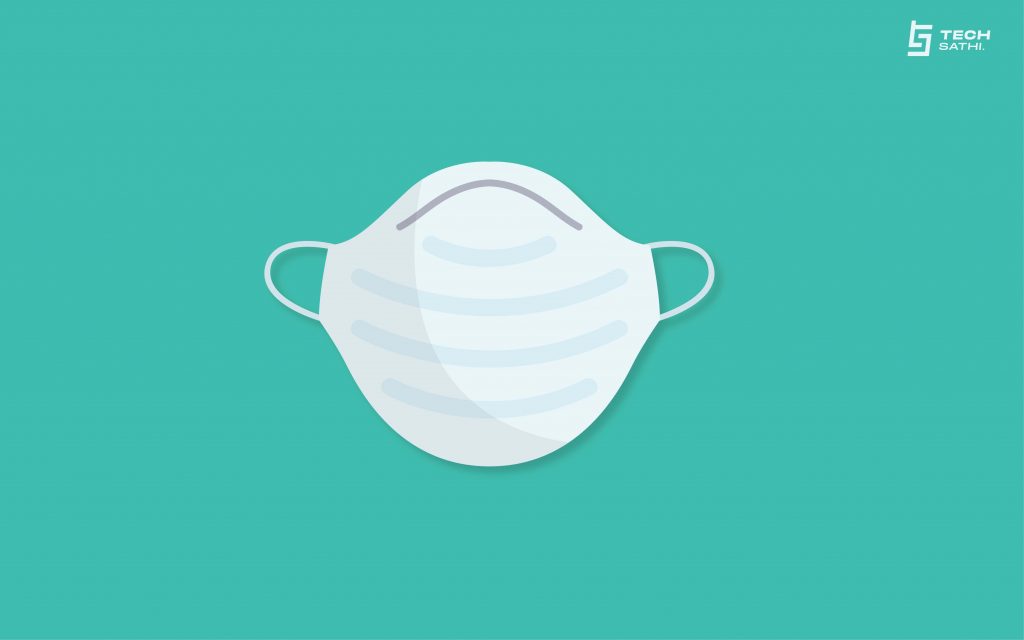There are several misconceptions and misinformation out there about wearing a mask. Such misinformation leads people to assume the worst and jeopardize themselves and others near them. It is important to know how wearing a mask ensures protection and safety. We will be resolving some of the few myths and misleading information out there about wearing a face mask.
I don’t need to wear a mask because I feel healthy
Even if the COVID-19 virus is cloning in your body, you might still feel healthy, and not display any symptoms. Many people who spread COVID-19 do not show any signs of catching the virus but they are at high risk of transmitting the virus to other people. Infectious people aren’t aware of how they are transmitting the virus to other people by not wearing a mask. A mask catches the ejected droplets of moisture from an infected person who doesn’t show any signs of catching the virus and protects other people from you spreading the virus.
Wearing a mask will cause oxygen deficit in body
One of the most common myths is wearing a mask that can supposedly starve your body from oxygen or expose you to hazardous levels of exhaled carbon dioxide. Masks can never reduce the oxygen in your body. This fact is medically true. According to the American Lung Association: there is no evidence that low oxygen levels occur from wearing a face mask. Wearing a mask may make it feel like it takes a bit of extra work to take a breath but it won’t change the formulation of air that enters and exits through the mask.
Masks don’t block viruses
There is misinformation out there that masks aren’t able to capture super small virus particles. The fabrics from the mask will not be able to stop 100% of virus particles from escaping, but the mask will surely give you a good droplet blocking power. The fibers within the fabric of masks are layered and stacked and this will ensure capturing the virus. The University of Hong Kong hamster research shows mounting evidence of how masks are effective and can significantly reduce the virus’s transmission.
Wearing a mask will increase toxins in the body
There is another common misconception regarding face masks stopping your body from dismissing toxins that you need to eliminate. Many people don’t prefer to wear masks because they are worried about the fact that wearing a mask will increase the level of toxins in their bodies. Our airways aren’t the main withdrawal route for by-products, waste materials, or toxins. Most of the self-cleaning in the body is done by major organs like the liver and kidneys. A mask will simply protect you and the people around you from the transmission of the virus.
Masks not being 100% effective
There is no medical assistance of any sort that is 100% efficient. Masks do considerably mitigate the virus’s transmission, even if it’s not 100% it is something worth doing. It is the simplest and easiest thing to do among very few other things which one can do to prevent the virus from spreading. Masks are at the center stage of a greater approach that embodies physical distancing, good hygiene, and hand sanitizing.
I don’t need to practise social distancing if I am wearing a mask
Wearing a mask is not a replacement for physical or social distancing. Social distancing will protect you and others around you from droplets that you may produce if you are infected. The farther away you are from people the less likely you are to be exposed to a high amount of virus. Since wearing a mask is among many other precautionary response you can take to secure yourself and your community.
It is critical to end all these myths about wearing masks and be decent and practical enough to wear face masks for yourself and for the well-being of others and encourage each and every person to wear a mask. What do you think are other myths about wearing masks?









